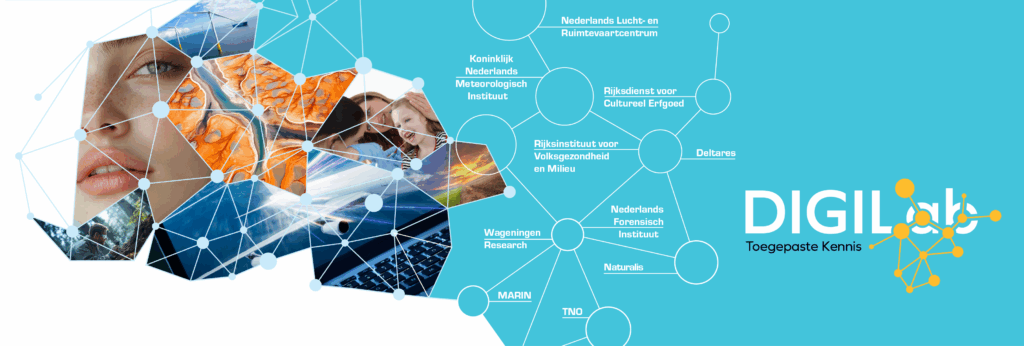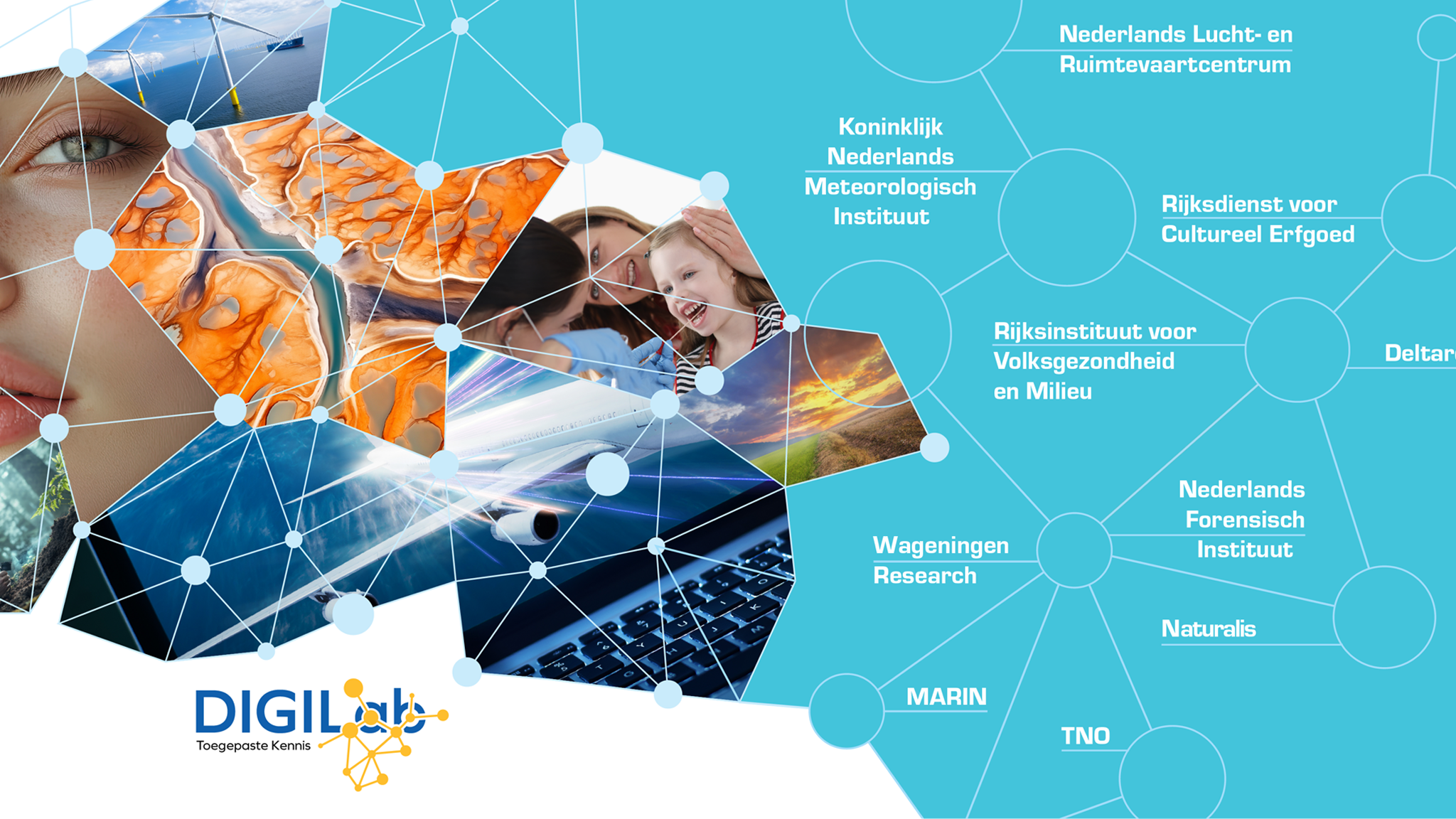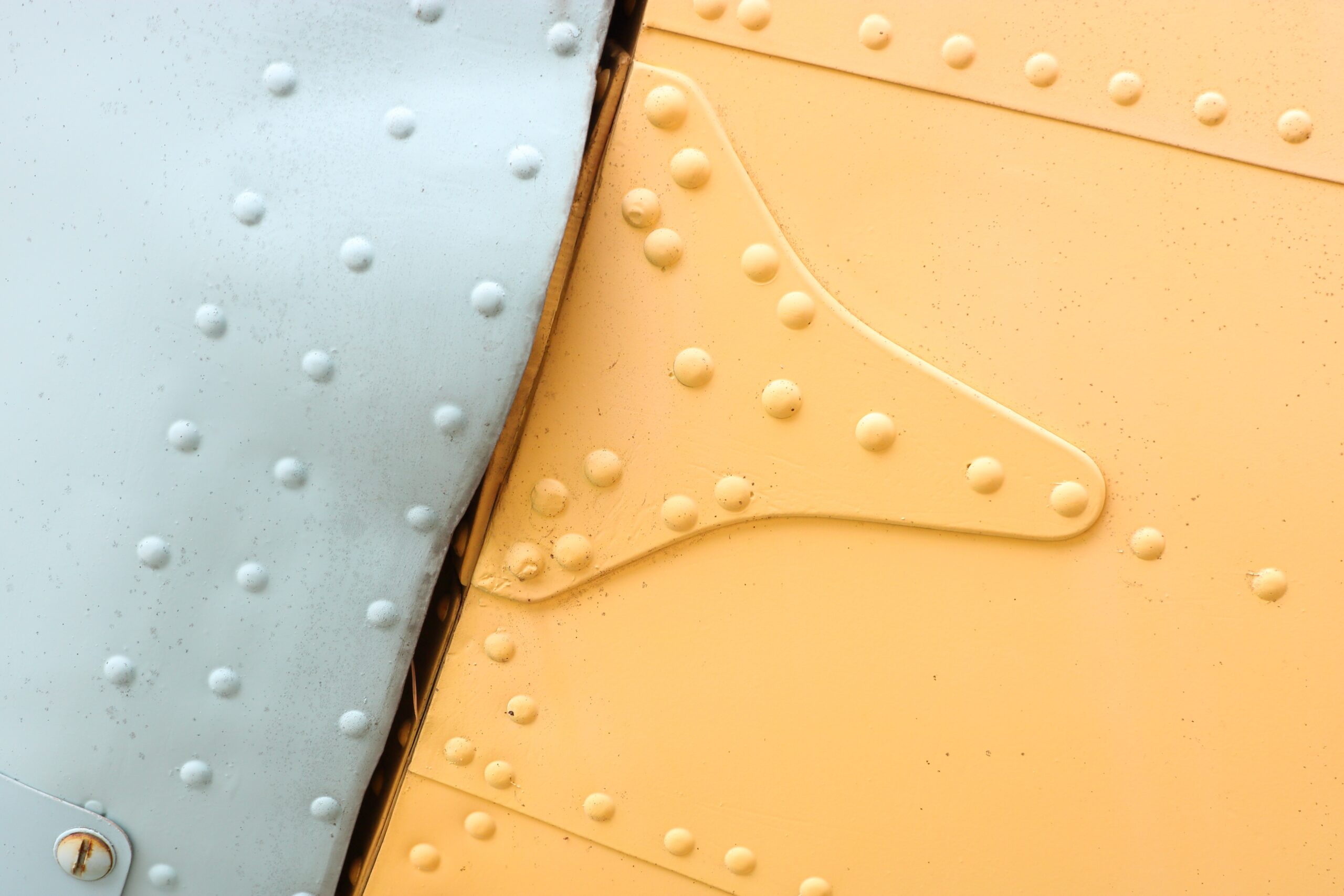Our society is increasingly facing far-reaching social and economic challenges, such as the nitrogen issue, pressure on land and water space, safety and health issues, and the vulnerability of vital infrastructure. DigiLab Applied Knowledge provides the technical infrastructure needed to address these challenges by fostering collaboration between different knowledge domains and integrating data and models from various disciplines.
“Collaborating with leading knowledge institutions to use innovative data and model infrastructures to connect disciplines and develop integrated solutions to complex, societal issues is a challenge I take on with full conviction.” – Bas van Vossen, Deltares
Future-proof building blocks of DigiLab Applied Knowledge
The establishment of the digital facility requires clear agreements on architecture, security, access rules and the handling of data. Thanks to the decentralised nature of DigiLab Applied Knowledge, the participating institutes retain control over which data and models they make available, for whom, and under what conditions.
Another important foundation of this digital facility is that data are stored in a findable, accessible, exchangeable and reusable (FAIR) manner – according to European standards. This ensures that DigiLab Applied Knowledge can join larger networks in the future, such as the European Open Science Cloud (EOSC).
Data sharing is key in knowledge creation
Not only the participating knowledge institutions benefit from DigiLab Applied Knowledge. The idea is that other organisations, such as governments, other knowledge institutions and market parties can also start using the architecture standards and agreements developed for DigiLab Applied Knowledge, and thus also unlock their data for applied research.
A number of external parties are therefore already involved in the development phase. Thus, DigiLab Applied Knowledge will become a facility, in which institutes, governments and market players can fully exploit the potential of data when collaborating on solutions to interdisciplinary issues.
“NLR focuses on societal challenges in the field of aerospace. But in the search for adequate solutions there are, of course, also interfaces with other domains. DigiLab Applied Knowledge offers an efficient way of exchanging information, learning from each other and joining forces” – Laurens van Rijn, NLR
Stepwise development
The aim is to have DigiLab Applied Knowledge ready by the end of 2030. Over the next few years, the digital facility will be developed step by step, with the aim of finding general solutions to the challenges that often arise when sharing data. After this period, the aim is for DigiLab Applied Knowledge to be operational and to play an important role in addressing societal and economic issues as a shared digital facility.




